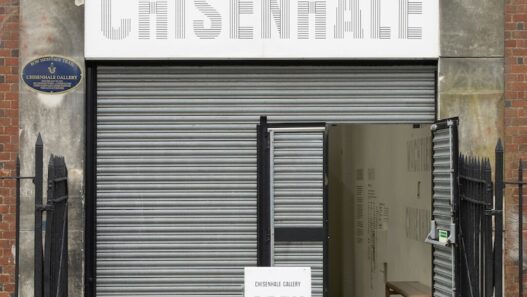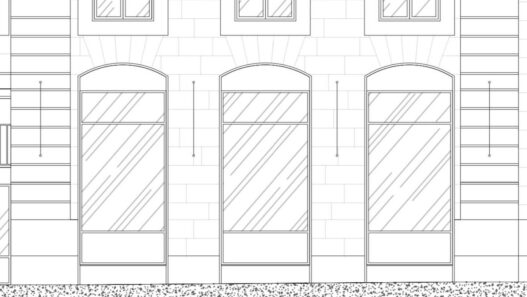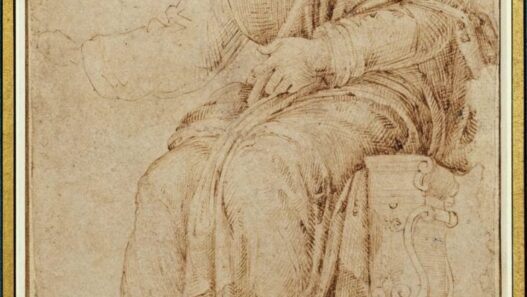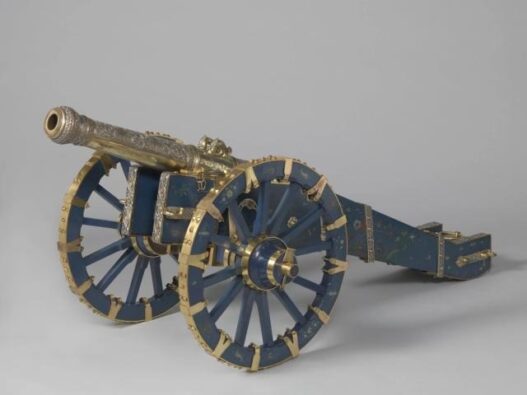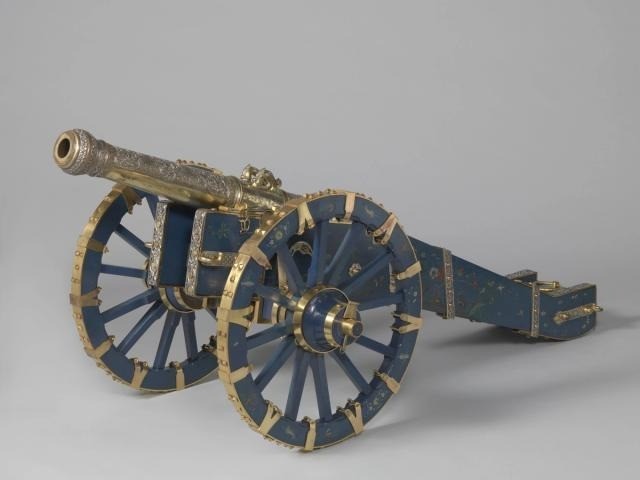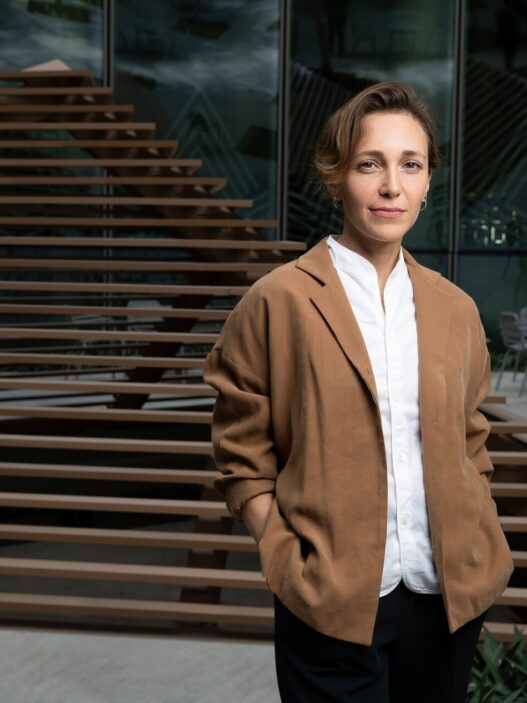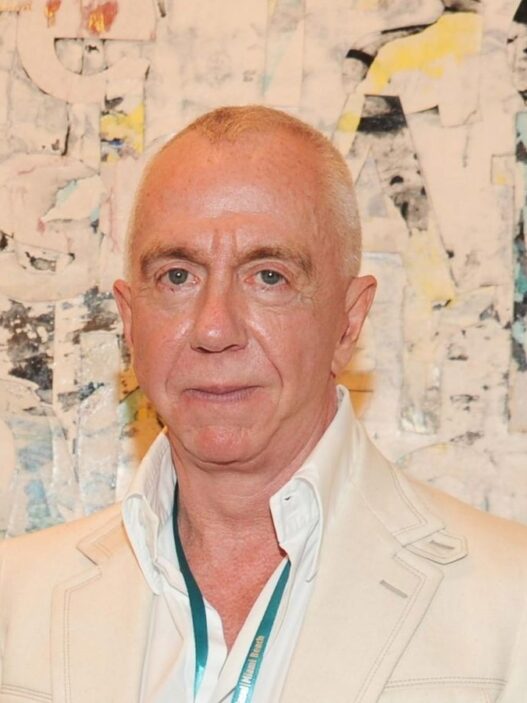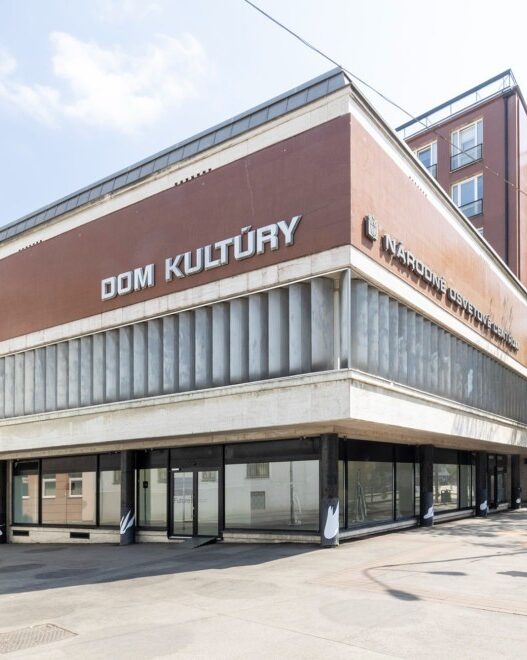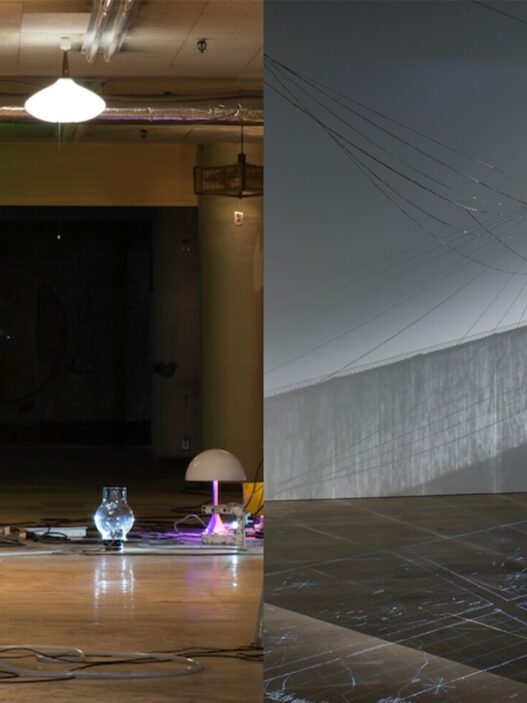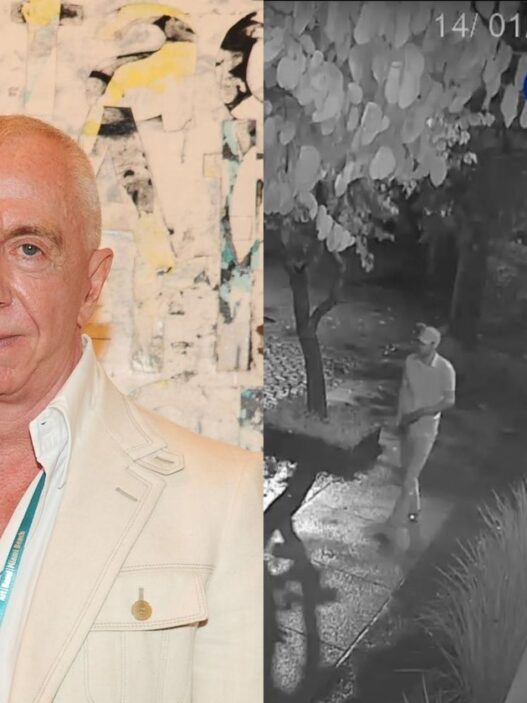In a historic move, the Dutch government has decided to repatriate 478 artefacts looted during colonial times to Indonesia and Sri Lanka. This decision comes in response to multiple claims from the aforementioned countries, as well as Nigeria. The Dutch Secretary of State for Culture and Media, Gunay Uslu, has announced the repatriation of a variety of objects, including the “Lombok treasure” and the 18th-century Cannon of Kandy.
Uslu described this as a “historic moment,” marking the first time the Netherlands has followed recommendations to return objects that should not have been brought to the country in the first place. The decision also signifies a new era of cooperation with Indonesia and Sri Lanka in areas such as collection research, presentation, and museum exchanges.
The Dutch Council for Culture, chaired by human rights lawyer Lilian Gonçalves-Ho Kang You, had previously recommended that the country should “unconditionally return” objects it was reasonably sure were lost involuntarily by countries under its colonial authority. The report also suggested financial compensation as an option.
Many of the objects to be returned are housed in the National Museum of World Cultures. Six artefacts claimed by Sri Lanka are currently in the collection of the Rijksmuseum, the Netherlands’s national museum of arts and history. This marks the first repatriation of colonial artefacts from the museum following provenance research that began in 2017.
Dr Valika Smeulders, head of the Rijksmuseum’s department of history, spoke to The Art Newspaper about a clear shift in perspective. She dismissed concerns that the new policy would result in European museums losing collection highlights, stating that the focus is now on having the objects in the places where they can best tell the stories that are important.
The collection of objects repatriated to Indonesia will not include human remains of the “Java man”. A spokesperson for the Dutch government told the Guardian that “nothing has been declined, but some things take longer than others.”
Gert-Jan van den Bergh, of law firm Bergh Stoop & Sanders, a specialist in art law, said: “It’s an important step, but just a first step. Don’t forget, we have 300,000 colonial objects that are the property of the central state in the Netherlands alone.”
A ceremonial handover of objects to the National Museum of Indonesia in Jakarta is scheduled to take place at the Museum Volkenkunde Leiden on July 10.


